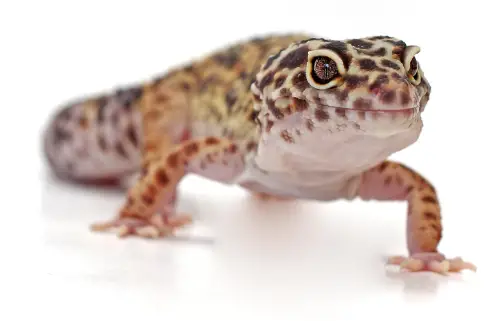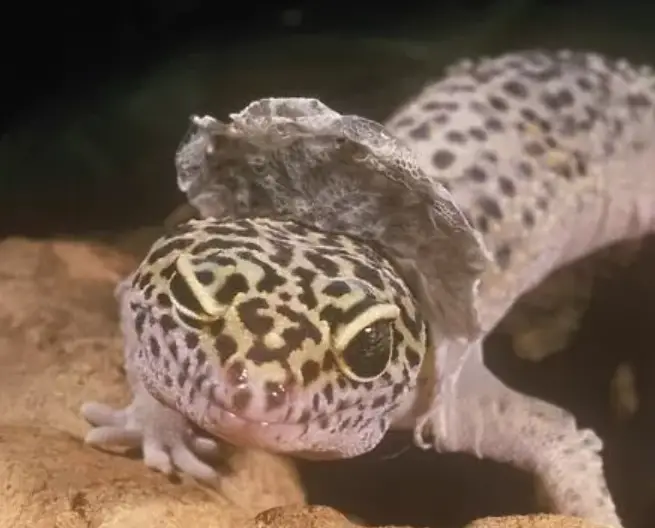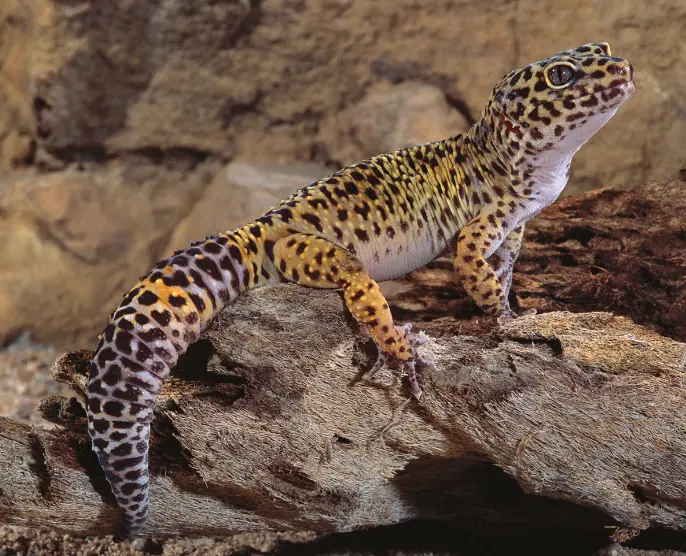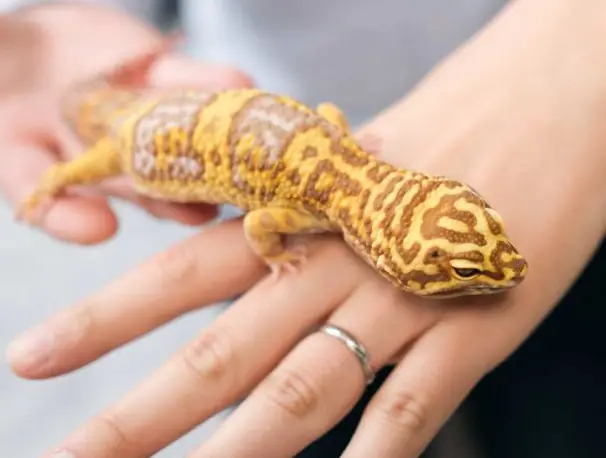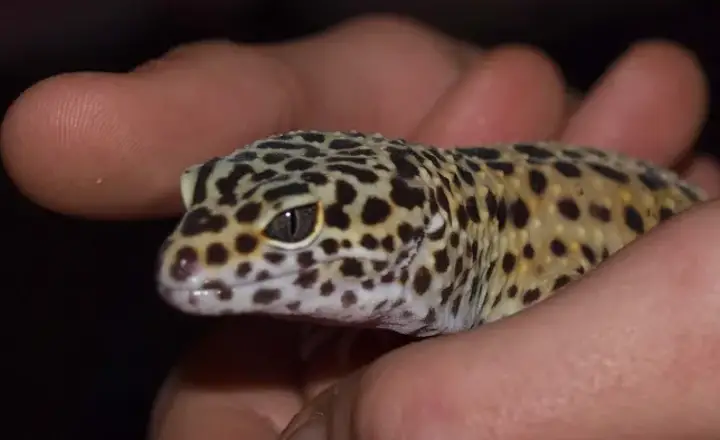Leopard geckos are one of the most popular reptile species kept as pets. They are loved for their unique appearance, calm demeanor, and low maintenance requirements. However, just like any other pet, leopard geckos are prone to fungal infections.
A fungal infection in leopard geckos can be a serious condition that requires immediate attention. If left untreated, it can spread throughout the body and lead to severe health complications, including organ failure and death. In this article, we will discuss everything you need to know about fungal infections in leopard geckos, including their causes, symptoms, treatment, and prevention.
What causes fungal infections in leopard geckos?
Fungal infections in leopard geckos are caused by a variety of factors. The most common cause is an unclean or damp environment. Poor hygiene, such as dirty or wet bedding, can create an environment that is conducive to the growth of fungus.
Additionally, a weakened immune system can increase the risk of fungal infections. Leopard geckos that are stressed, malnourished, or suffering from other health conditions are more susceptible to fungal infections.
What are the symptoms of a fungal infection in leopard geckos?
The symptoms of a fungal infection in leopard geckos can vary depending on the type of fungus and the location of the infection. However, some common symptoms include:
– White or gray patches on the skin or scales
– Loss of appetite
– Lethargy or weakness
– Difficulty breathing
– Swollen eyes
– Discharge from the eyes, nose, or mouth
– Changes in behavior, such as aggression or hiding
– Increased shedding or skin irritation
If you notice any of these symptoms in your leopard gecko, it is important to seek veterinary care immediately.
How are fungal infections in leopard geckos diagnosed?
To diagnose a fungal infection in a leopard gecko, a veterinarian will perform a physical exam and may recommend blood tests, skin samples, or imaging tests. The veterinarian may also ask about the leopard gecko’s living conditions, diet, and behavior.
How are fungal infections in leopard geckos treated?
Treatment for fungal infections in leopard geckos typically involves antifungal medication, which can be administered orally, topically, or injected. The length of treatment will depend on the severity of the infection and the response to medication.
In addition to medication, it is important to address the underlying cause of the infection. This may involve improving the leopard gecko’s living conditions, such as providing clean and dry bedding, improving the temperature and humidity levels in the enclosure, and ensuring that the leopard gecko is getting proper nutrition.
Can fungal infections in leopard geckos be prevented?
Yes, fungal infections can be prevented with proper care and attention to hygiene. This includes:
– Providing a clean and dry environment for the leopard gecko
– Maintaining proper temperature and humidity levels
– Using a high-quality substrate that does not retain moisture
– Feeding a balanced diet
– Regularly cleaning and disinfecting the enclosure and accessories
Can fungal infections in leopard geckos be contagious?
Fungal infections in leopard geckos can be contagious, especially if they are caused by a contagious fungus. Therefore, it is important to quarantine any leopard geckos that show signs of a fungal infection and to thoroughly clean and disinfect the enclosure and accessories before introducing any new leopard geckos.
How often should leopard geckos be examined by a veterinarian?
Leopard geckos should undergo a routine health examination by a veterinarian at least once a year. This allows the veterinarian to detect any health issues early on and provide prompt treatment.
What other health issues should leopard gecko owners be aware of?
In addition to fungal infections, leopard gecko owners should be aware of other health issues that can affect their pets. These include:
– Metabolic bone disease, which is caused by a lack of calcium and vitamin D in the diet
– Respiratory infections, which can be caused by poor living conditions or exposure to bacteria or viruses
– Parasites, which can be picked up from contaminated food, water, or substrate
– Impaction, which can occur when a leopard gecko ingests a foreign object or substrate that cannot be digested
What should leopard gecko owners do if they suspect their pet has a health issue?
If leopard gecko owners suspect that their pet has a health issue, they should seek veterinary care immediately. Delaying treatment can worsen the condition and lead to complications.
What can leopard gecko owners do to keep their pets healthy?
To keep their leopard geckos healthy, owners should provide them with a clean and appropriate living environment, a balanced diet, and regular veterinary care. Owners should also handle their leopard geckos gently and avoid exposing them to stressors, such as loud noises or changes in the environment. By providing proper care and attention, leopard gecko owners can help ensure that their pets live long and healthy lives.
Conclusion
In conclusion, leopard geckos are susceptible to fungal infections, and as a responsible pet owner, it is crucial to keep their enclosure clean and well-maintained to prevent the growth of fungi. Some common symptoms of a fungal infection in leopard geckos include loss of appetite, lethargy, skin discoloration, and swelling. If you suspect that your pet may have a fungal infection, it is essential to seek veterinary care immediately to prevent the spread of the infection and ensure your pet’s well-being. With proper care and attention, you can help your leopard gecko live a healthy, happy life free from fungal infections.
